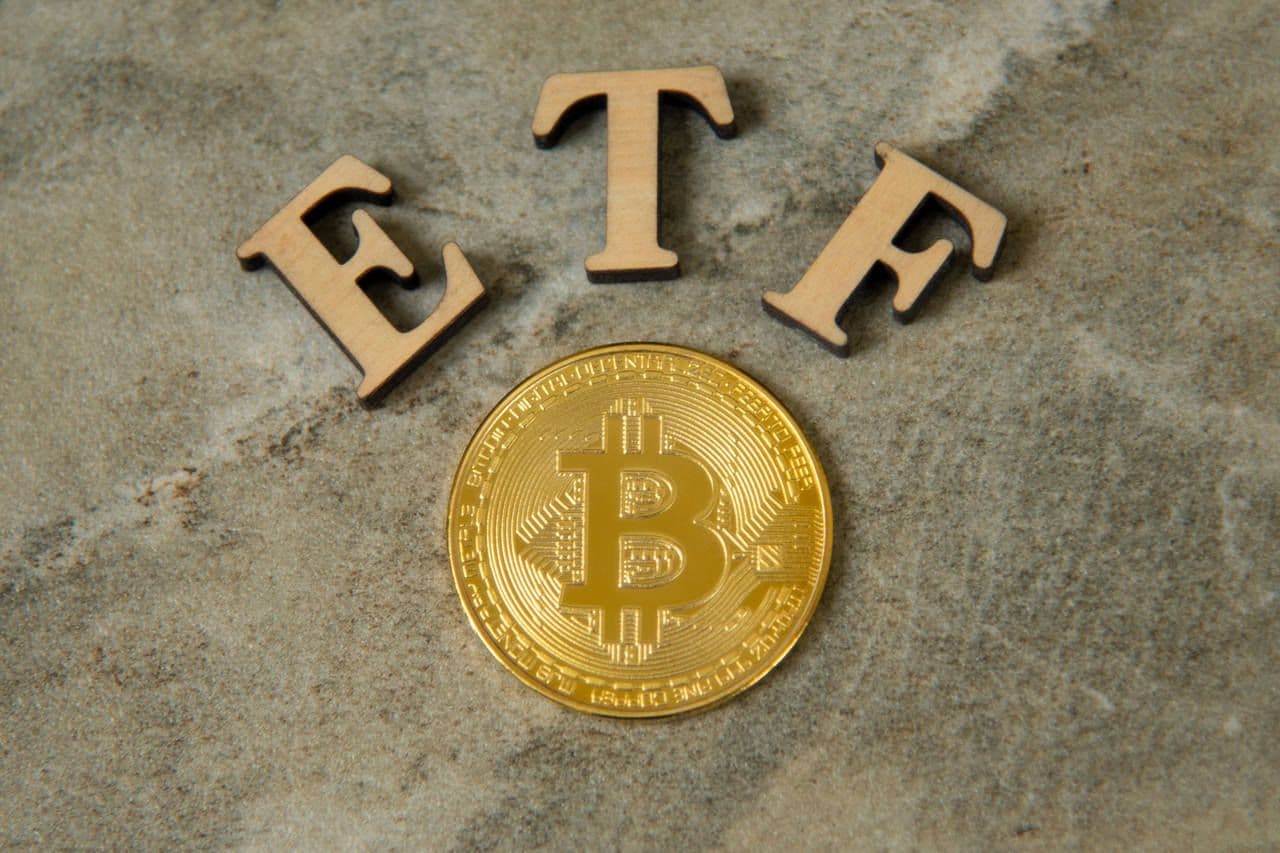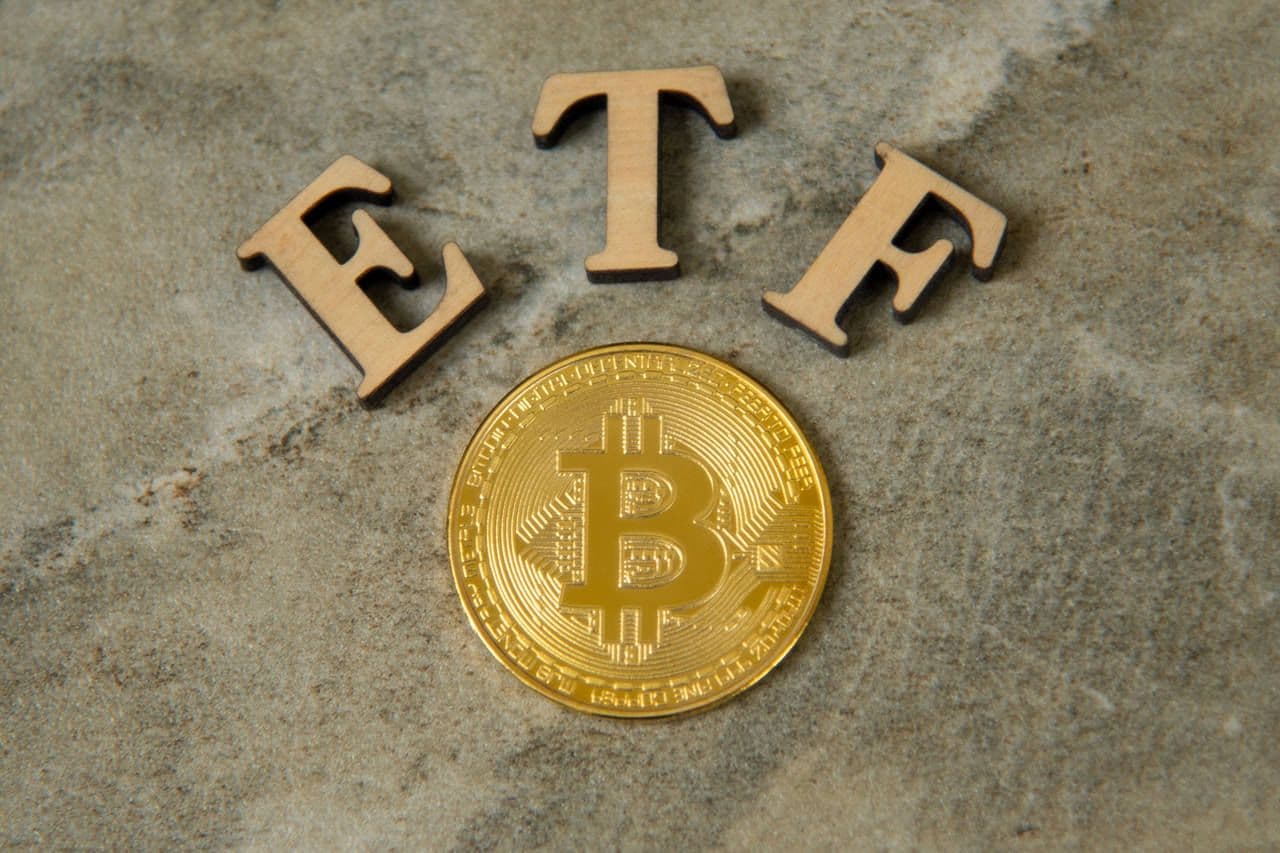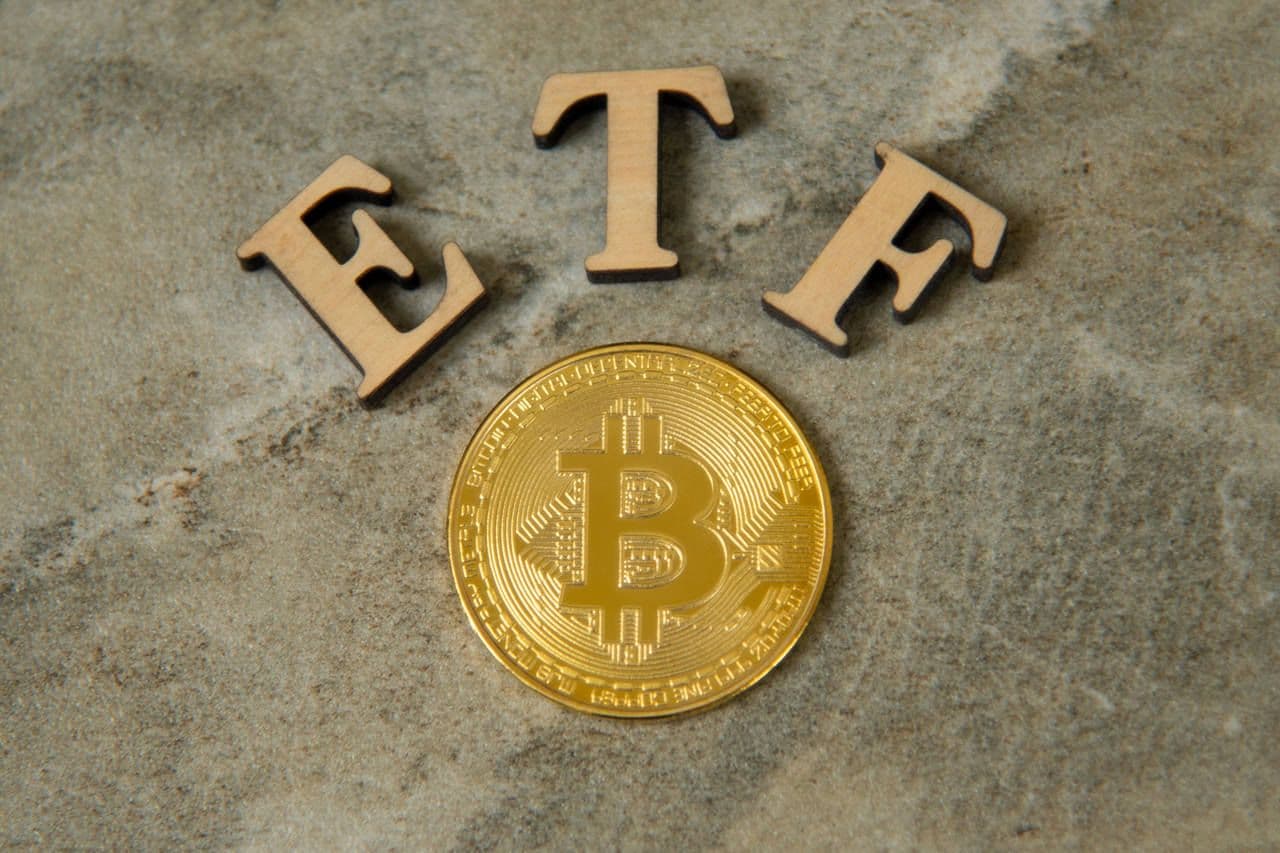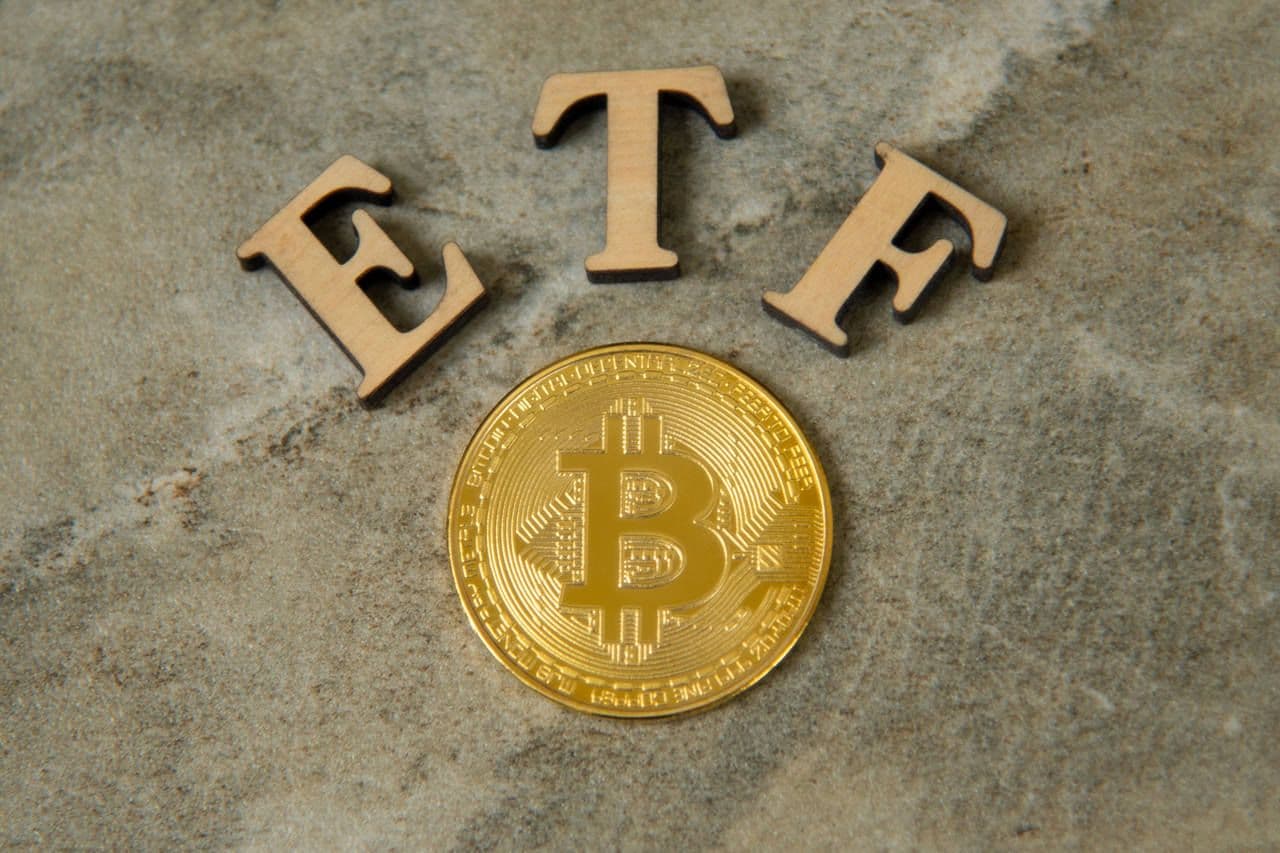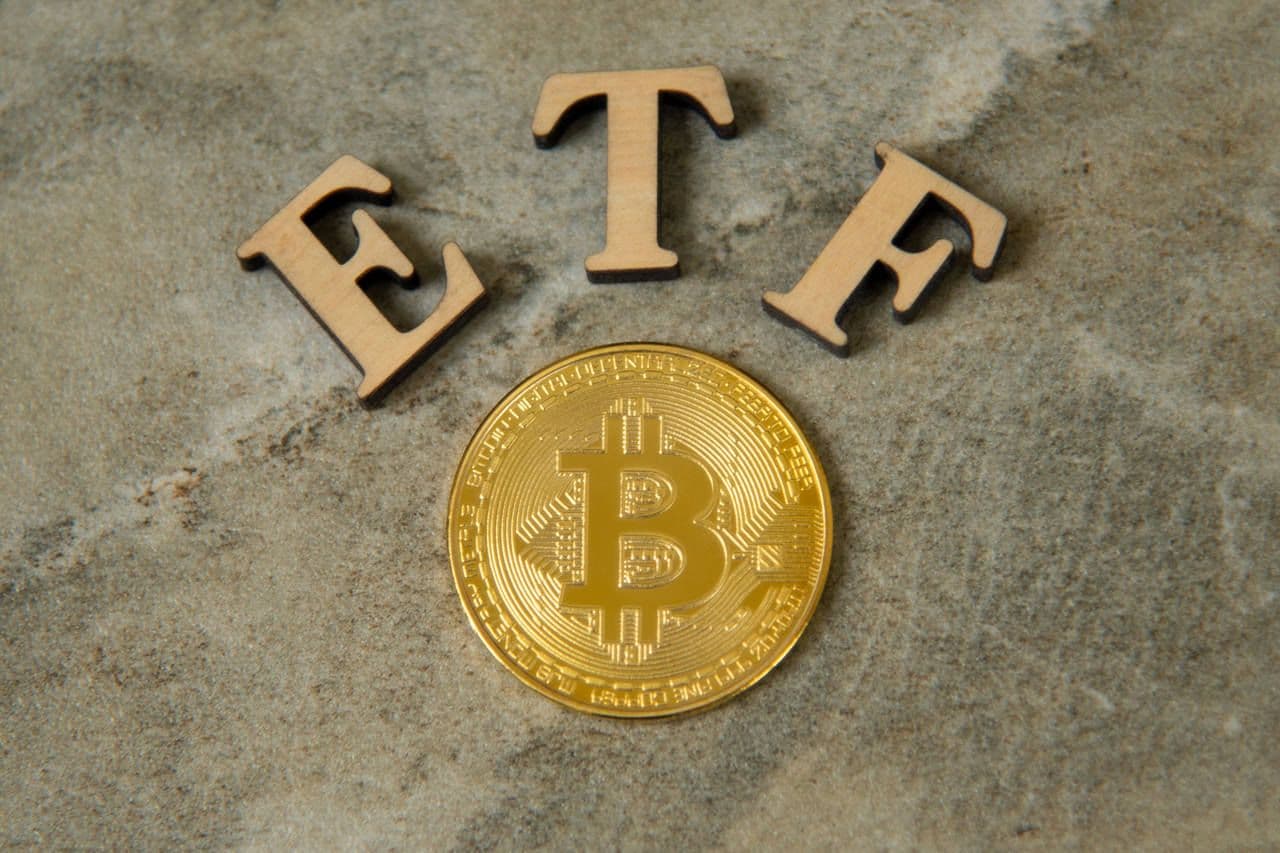Bitcoin ETF Is Likely To Be Approved As BTC Crosses $60K
Bitcoin ETF has been highly sought after as a conduit to bring fresh money into the crypto arena and it may be approved finally.

There’s good news on the Bitcoin ETF front. Bloomberg reported on Oct 15 that Securities and Exchange Commission (SEC) granted tacit approval of Bitcoin ETFs. They will likely get further approvals as early as next week. Bitcoin price has responded favorably to the news. In fact, Bitcoin crossed $60,000 with a 24 hour gain of 5.6%.
Before investing in a fund that holds Bitcoin futures contracts, make sure you carefully weigh the potential risks and benefits.
Check out our Investor Bulletin to learn more: https://t.co/AZbrkpfn8F
Bloomberg received credible information from people close to the matter, who asked to remain anonymous. No official source has confirmed the Bitcoin ETF approval, but the regulator isn’t likely to create hurdles, seeing how the SEC has a pro-Bitcoin chairman at the helm. Four Bitcoin ETF proposals are likely to get approval and will begin trading soon on US exchanges. There’s high probability that these ETFs would be futures-based contracts.

Bitcoin ETF approval has been a long time in the marking with the first application coming from the Winklevoss twins back in 2013. Since then, it has been an uphill battle. The regulator chief is concerned that there is a lot of manipulation in the markets, liquidity isn’t sufficient and they can’t ensure investor protection. This stance appears to have changed as the situation has improved.
About Bitcoin ETF
The Bitcoin Exchange Traded Fund (ETF) is an investment channel that traces the administration of a special asset or collection of assets. ETFs enable investors to increase their investments without really buying the underlying asset. For those people looking to concentrate only on profits and losses, ETFs give a more manageable option to purchasing and exchanging personal assets.
Further, many traditional ETFs target more open boxes of signatures with something in common such as a focus on sustainability, for example, or assets describing any industry and associated companies, they enable investors to quickly increase their holdings.
Bitcoin ETF can enable fresh money to enter from the traditional finance space, since it reduces the entry barriers by allowing people to invest in this space through platforms and products, they are already familiar with. It exists on stock exchanges, allowing investors to access liquidity. The investors can also be certain about the tax implications and regulatory protection.





